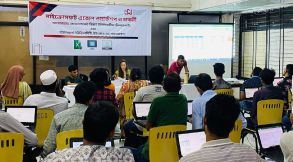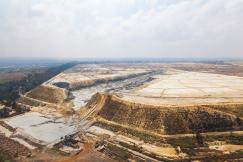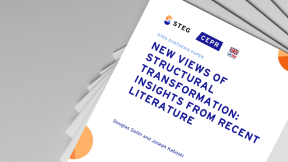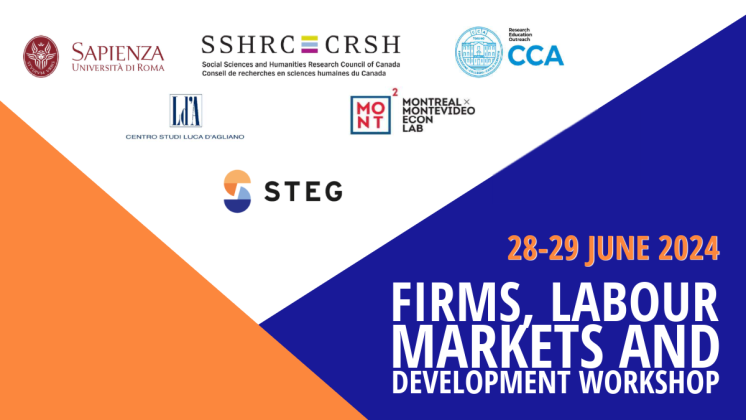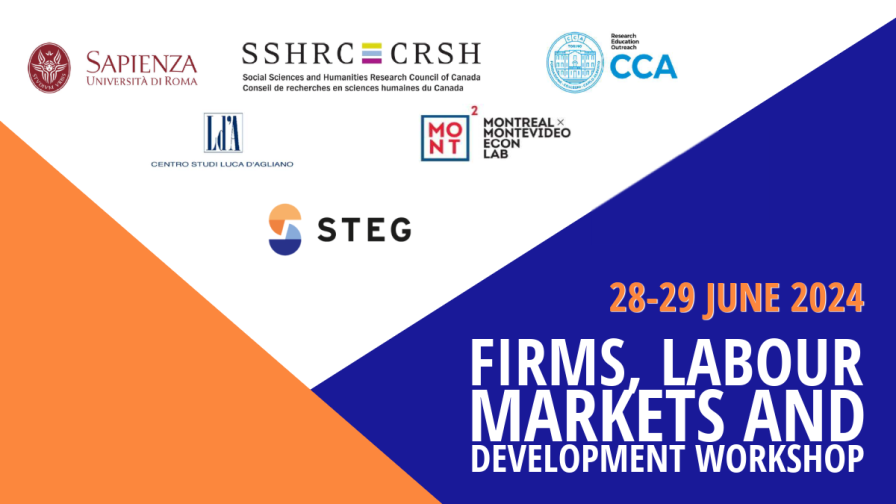The CES aggregator and its demand system are ubiquitous in business cycles theory, macroeconomic growth and development, international trade and other general equilibrium fields, because it has many knife-edge properties, which help to keep the analysis tractable in the presence of many goods and factors. However, this also makes it hard to tell which properties of CES are responsible for certain results. Furthermore, it is necessary to relax some of them for certain applications. In this article, I review several classes of non-CES aggregators, each of which removes some properties of CES and keeps the rest to introduce some flexibility while retaining the tractability of CES as much as possible. These classes are named after the properties of CES they keep. I explain how these classes are related to each other and discuss their relative strengths and weaknesses to indicate which classes are suited for which applications.
STEG Working Paper Series
Non-CES Aggregators: A Guided Tour

Related content














